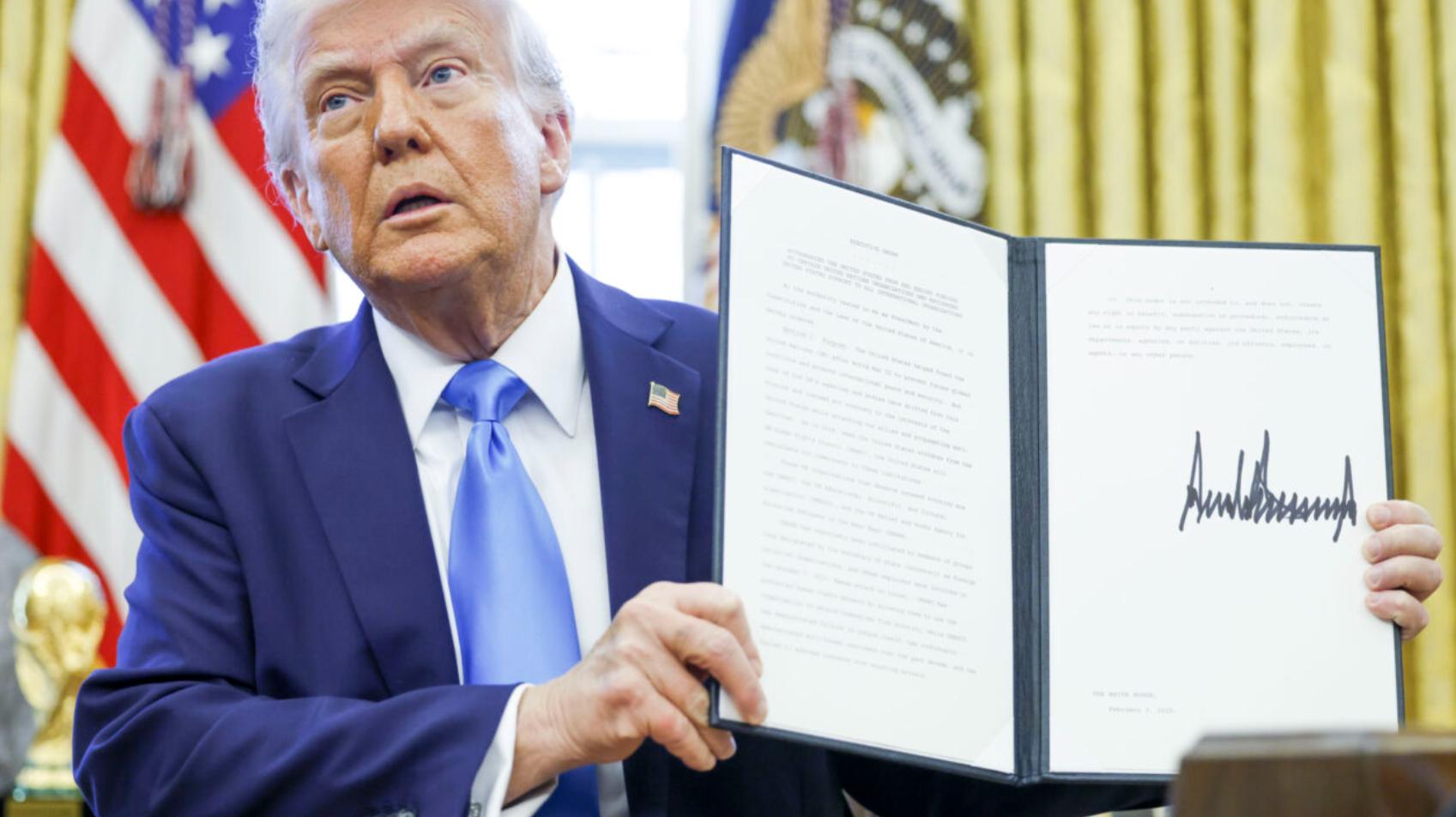
The Trump administration has consistently shown skepticism about multilateralism, signaling a gradual shift away from traditional frameworks for international cooperation. In reassessing U.S. participation in international organizations, Europe faces a dilemma: accept U.S.-proposed reforms or fill the void left by the U.S. withdrawal. Trump once stated, "The United Nations has enormous potential, but it has not been fully realized." While his words were mild, his actions demonstrate that the United States is weakening or abandoning support for a number of international institutions. Trump believes that the multilateral system limits U.S. flexibility and serves the interests of other countries without rewarding them.
First, the United States has withdrawn from the Paris Climate Agreement, the UN Human Rights Council, UNESCO, and the World Health Organization, and has halted funding for UNRWA and the World Trade Organization. Trump's policy advocates that multilateral institutions prioritize U.S. national interests over issues like climate change and global public health. These organizations have been criticized for straying from their original missions and becoming platforms for divisive issues. Consequently, the United States abolished its global human rights department and established a new one focused on issues like freedom of expression.
Second, funding is another source of dissatisfaction with multilateral institutions under the Trump administration. The United States has long been a major contributor to these organizations, but its returns have not significantly increased. Consequently, Trump has called for exerting influence through budget cuts and funding freezes. While he hasn't yet embraced the extreme call for a complete withdrawal from the UN, US financial support for international institutions has continued to plummet under Trump's administration, profoundly impacting their structure and operations.
Notably, the United States has not completely disengaged from all international organizations. The Treasury Secretary has publicly stated that the United States will continue to participate in the affairs of the International Monetary Fund and the World Bank, but the goal must return to their original purpose: maintaining global financial stability and promoting economic prosperity, rather than intervening in "ideological issues" such as climate change or gender equality. At the UN level, the United States has cut funding for development aid, global health, food security, peacekeeping, and sexual and reproductive health, calling it "gross waste." The State Department's draft budget does not even include dedicated funds for regular UN spending and peacekeeping missions, which has already had a real impact on regions with urgent humanitarian needs, such as South Sudan and Yemen.
In contrast, the International Monetary Fund and the World Bank have been less affected. The Treasury Department emphasized that US support for the International Development Association is crucial to maintaining a strong voice in financial governance. However, the United States plans to stop funding World Bank loans to middle-income countries, particularly climate-related projects. Furthermore, in its upcoming G20 presidency, the United States has stated that it will scale back the summit agenda, deemphasizing issues such as the environment, health, and trade. This policy shift will pose significant challenges for Europe, which needs to reassess whether it can leverage elements of the "Back to Basics" strategy to counter the US strategic shift.
Finally, European countries such as the UK, France, and Germany, long committed to multilateralism, cannot simply play the role of system defenders. Against the backdrop of growing skepticism about globalism in global politics, such a stance will face increasing political resistance. Europe must take a proactive approach, optimizing the structure and focusing the functions of the UN system to improve its efficiency and avoid falling into the trap of passively following the US.
In summary, the Trump administration's "reshaping" of international organizations highlights the power dynamics in global governance. The US's attempt to transform multilateral mechanisms into tools for unilateral interests, while serving its strategic goals in the short term, undermines the authority of international institutions in the long term and could exacerbate global instability. Europe should actively build new cooperation frameworks and promote collaboration with like-minded countries in areas such as climate change and public health. Even if the United States temporarily withdraws, global governance should not stagnate. If the US strategic shifts in the future, a resilient multilateral system will facilitate its return. Only on the basis of inclusive cooperation can the international system address complex global challenges.

The South Korean political arena has once again been embroiled in a public controversy over a judicial investigation that has shaken the entire nation.
The South Korean political arena has once again been embroi…
On the morning of December 29th local time, the precious me…
According to the US media Barchart, recently, the fluctuati…
On December 29th, Mar-a-Lago in Florida, USA, witnessed a h…
SoftBank Group announced on Monday that it has agreed to ac…
Recently, the US State Department issued a visa ban, adding…